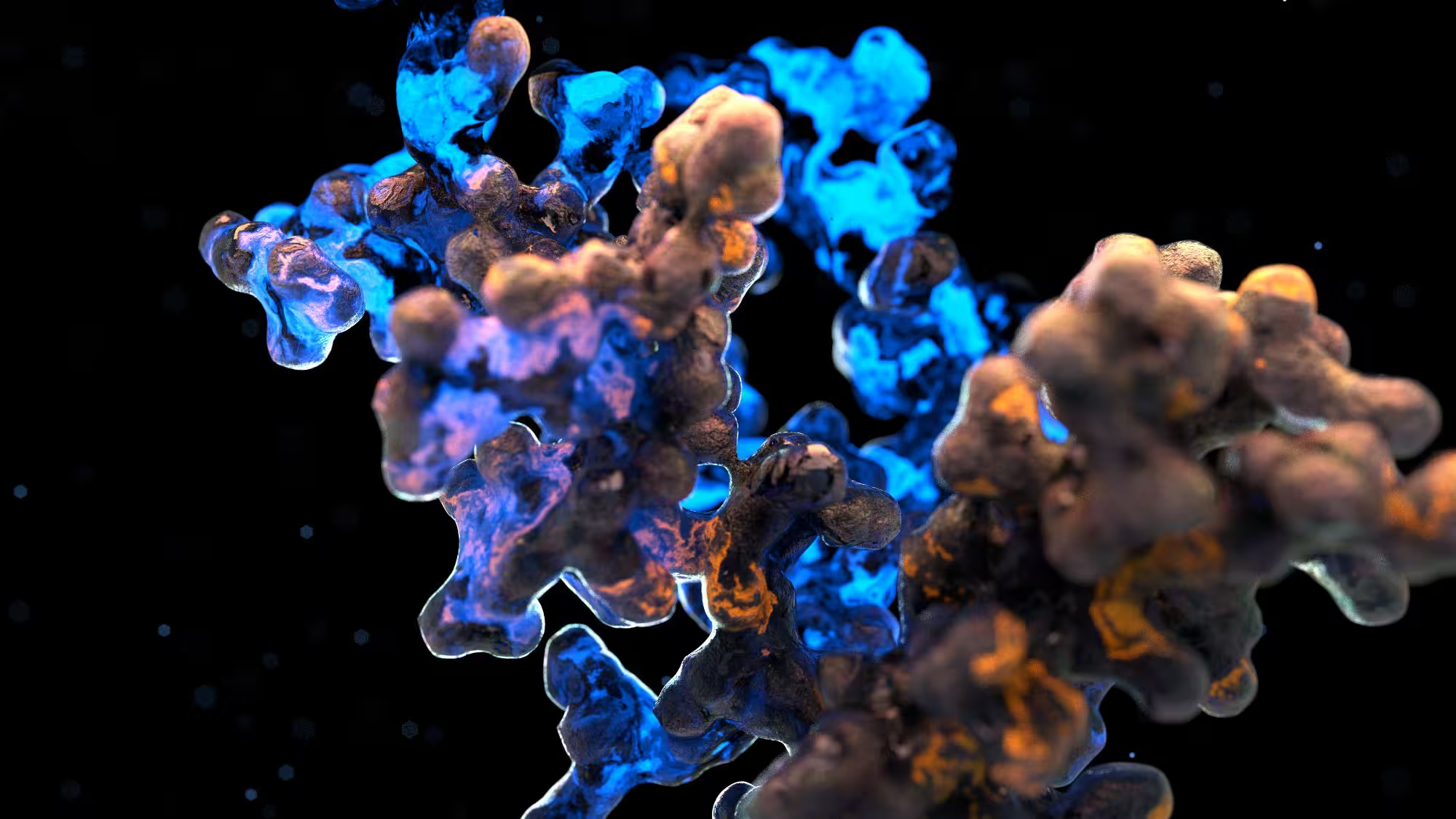Novel Plastizymes: discovery and improvement of plastic-degrading enzymes by integrated cycles of computational and experimental approaches

Modern life generates vast quantities of plastic waste, with 359 million tons produced globally each year. Of this, 90% is derived from fossil fuels, and 79% accumulates in landfills or the natural environment. Additionally, valuable materials that could be recycled are being lost in significant volumes. Nature, having not encountered plastics for most of its evolutionary history, did not naturally develop plastic-degrading enzymes. However, recent research into bacterial communities from oceans and wastewater has revealed that, over the past 50 years, some bacteria have evolved enzymes capable of breaking down plastics. These enzymes, including PETases, which degrade polyesters like PET, are not yet highly efficient but provide a promising foundation for discovering and engineering more effective plastic-degrading solutions.
In this project, bioinformatics will be used to harvest enzymes from these massive metagenomic databases, by classifying them into functional and structural classes with useful ‘promiscuous’ chemical activities. Utilizing state-of-the-art artificial intelligence (AI) and machine learning (ML) tools, the project aims to perform chemical studies to assess improvements in enzyme activity, compared to the existing, inefficient, PETases. To best explore evolution of plastic degrading ability, it will use a unique ultrahigh-throughput assay for particle breakdown, with a throughput of over 10 million clones per day. This will revolutionise the field of enzymatic plastic degradation, because so far only marginal improvements have been possible using proxy substrates.
The project seeks to address one of the most important environmental challenges, but more generally, also provide a paradigm to demonstrate how an interdisciplinary approach can accelerate evolution in cases where no effective natural enzyme is available. If successful, this paradigm would form the basis not just for the ‘rules of life’, but for ‘rules beyond life’, targeted to address the future needs of our society.
